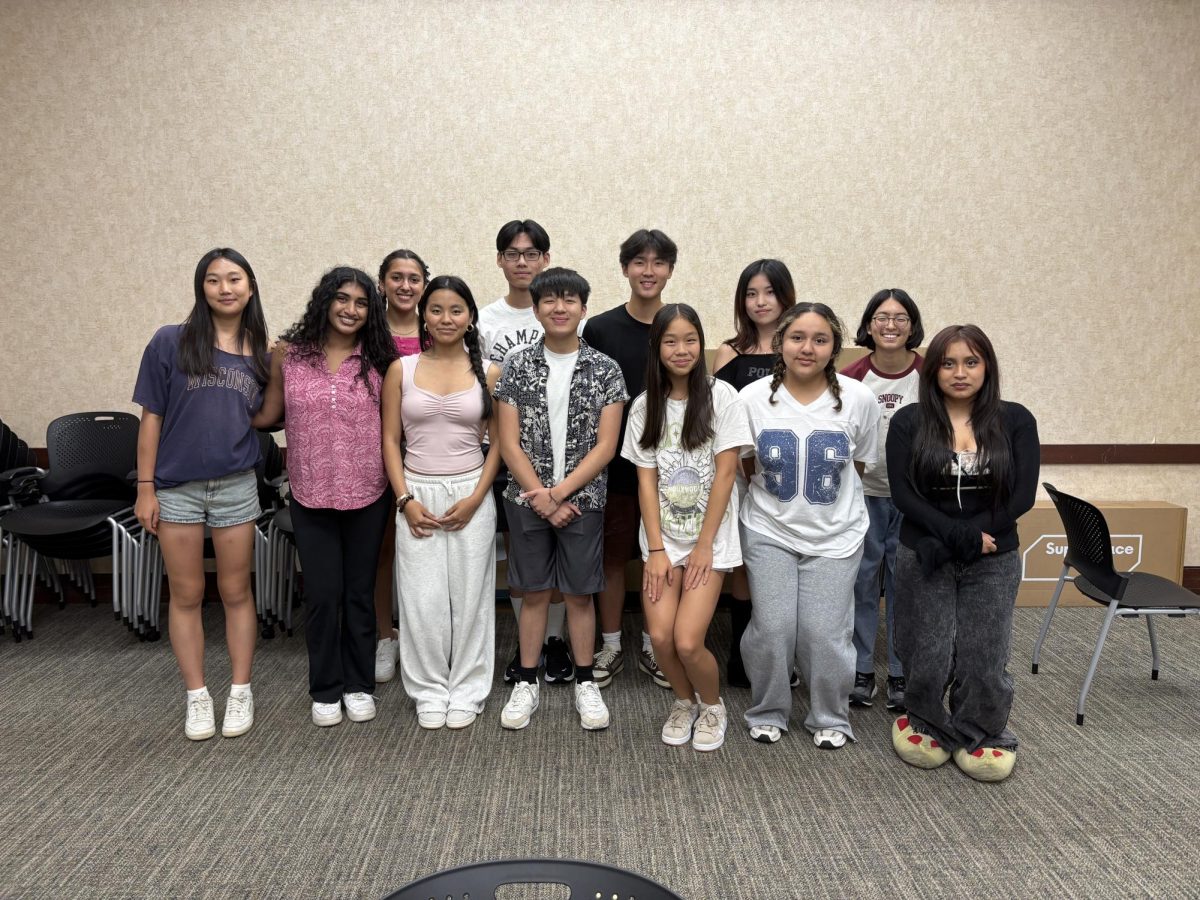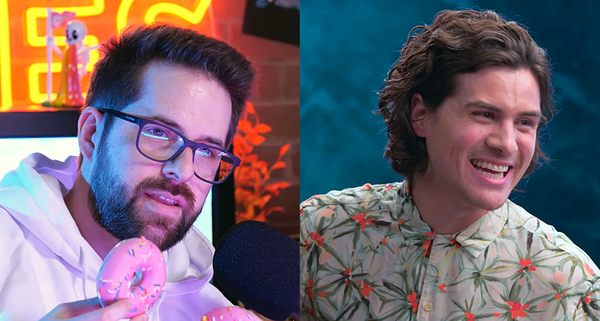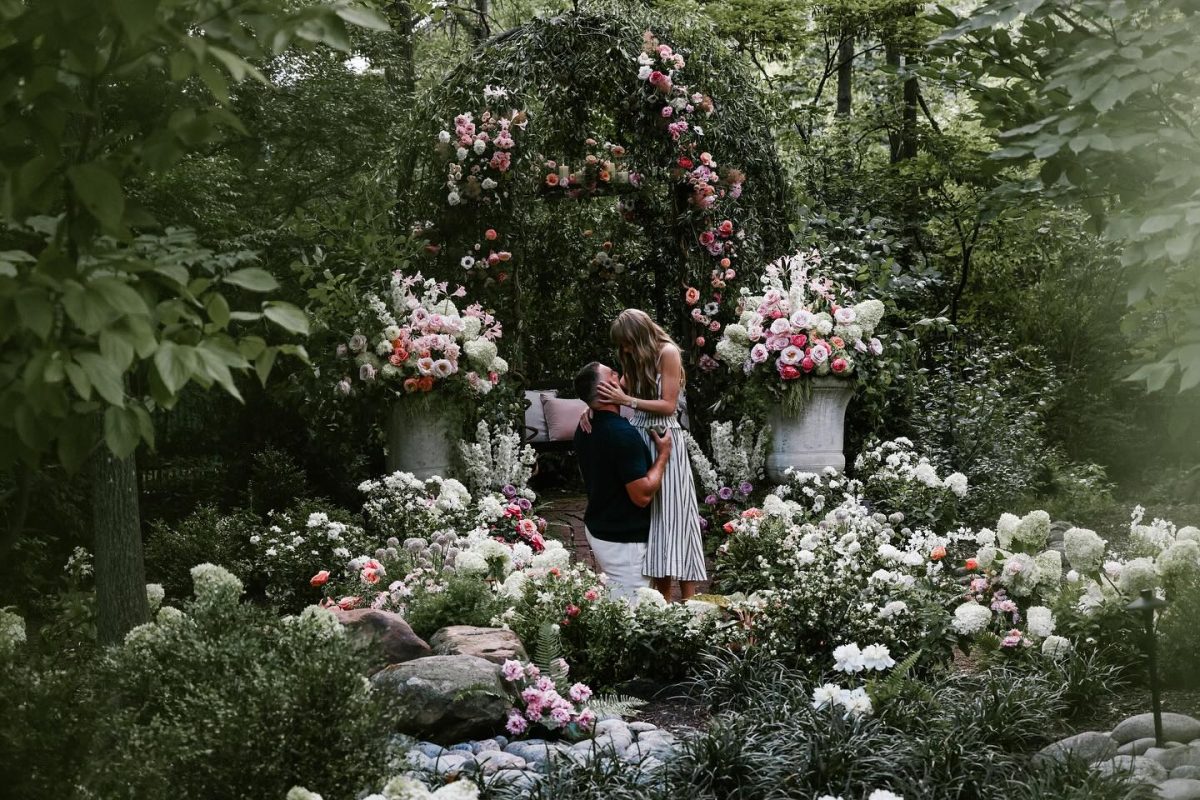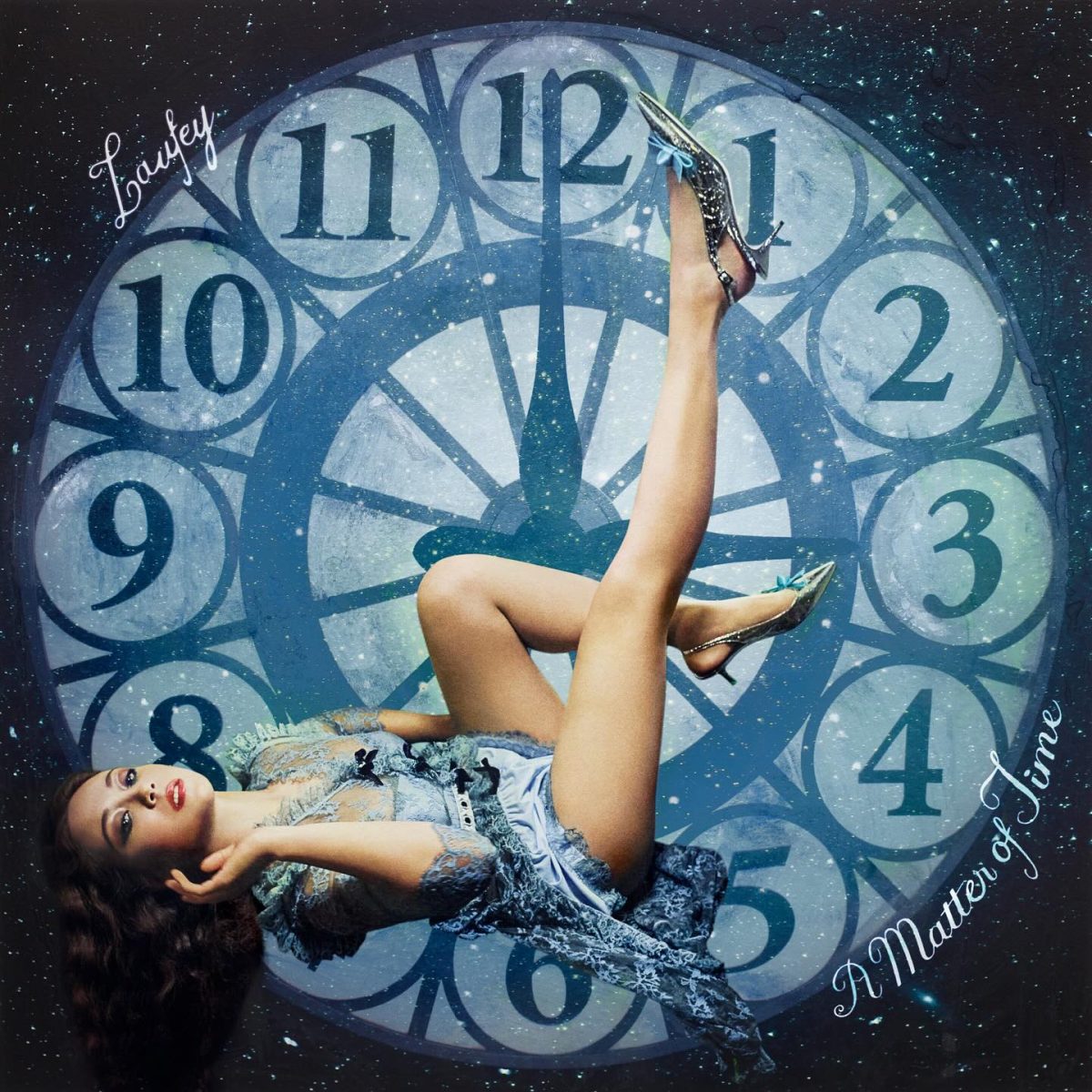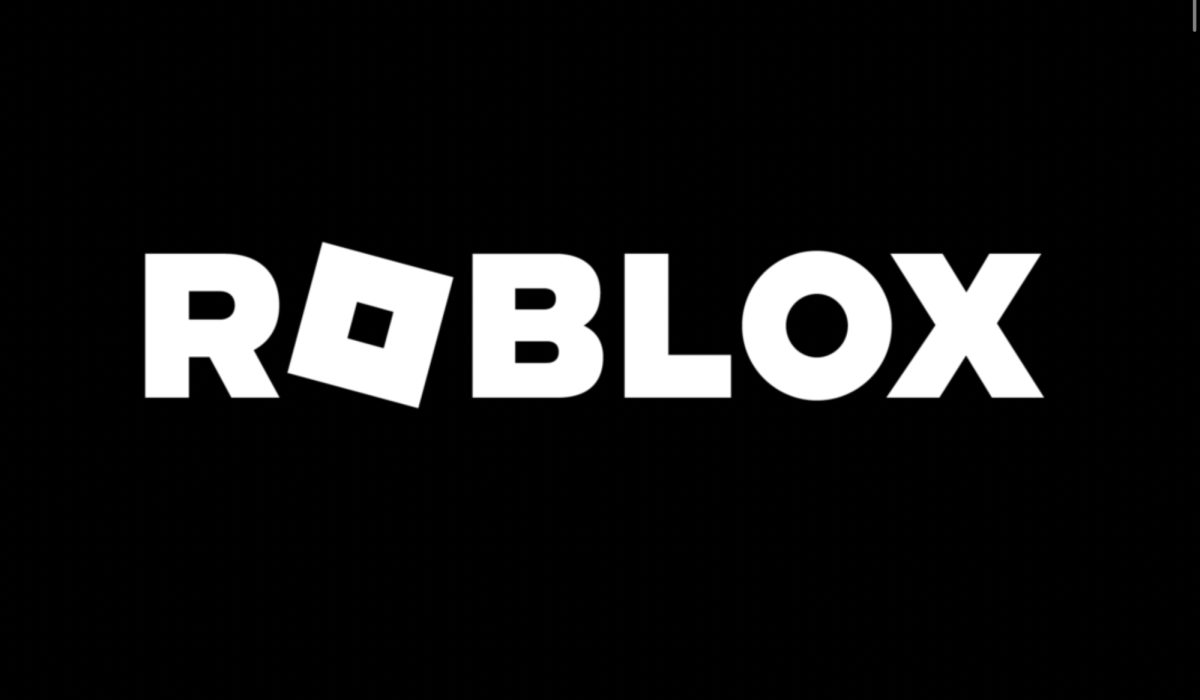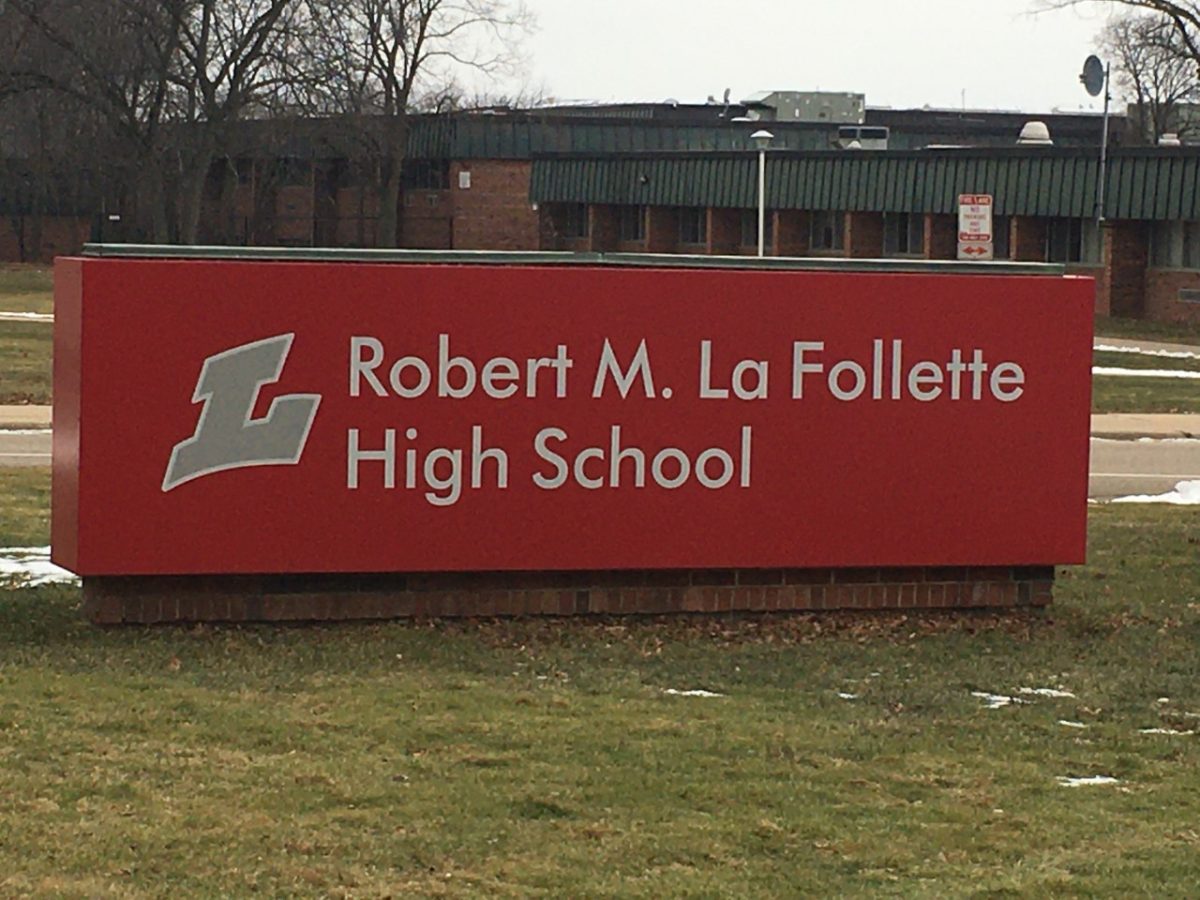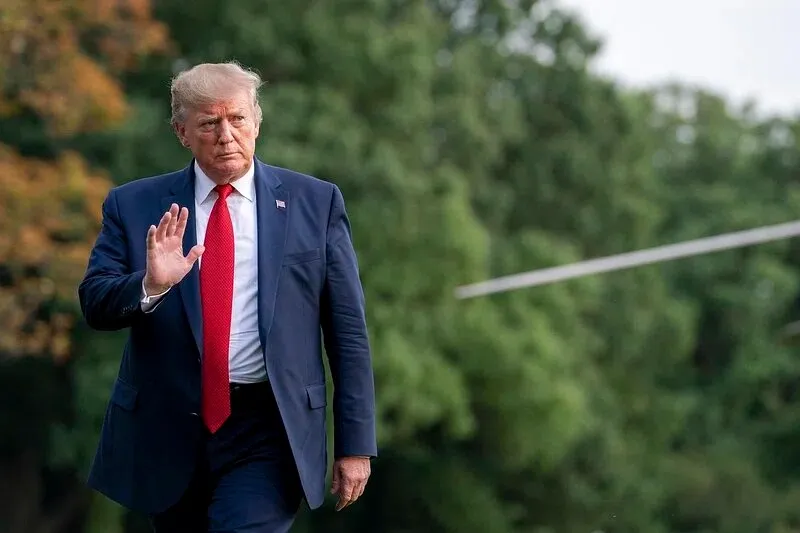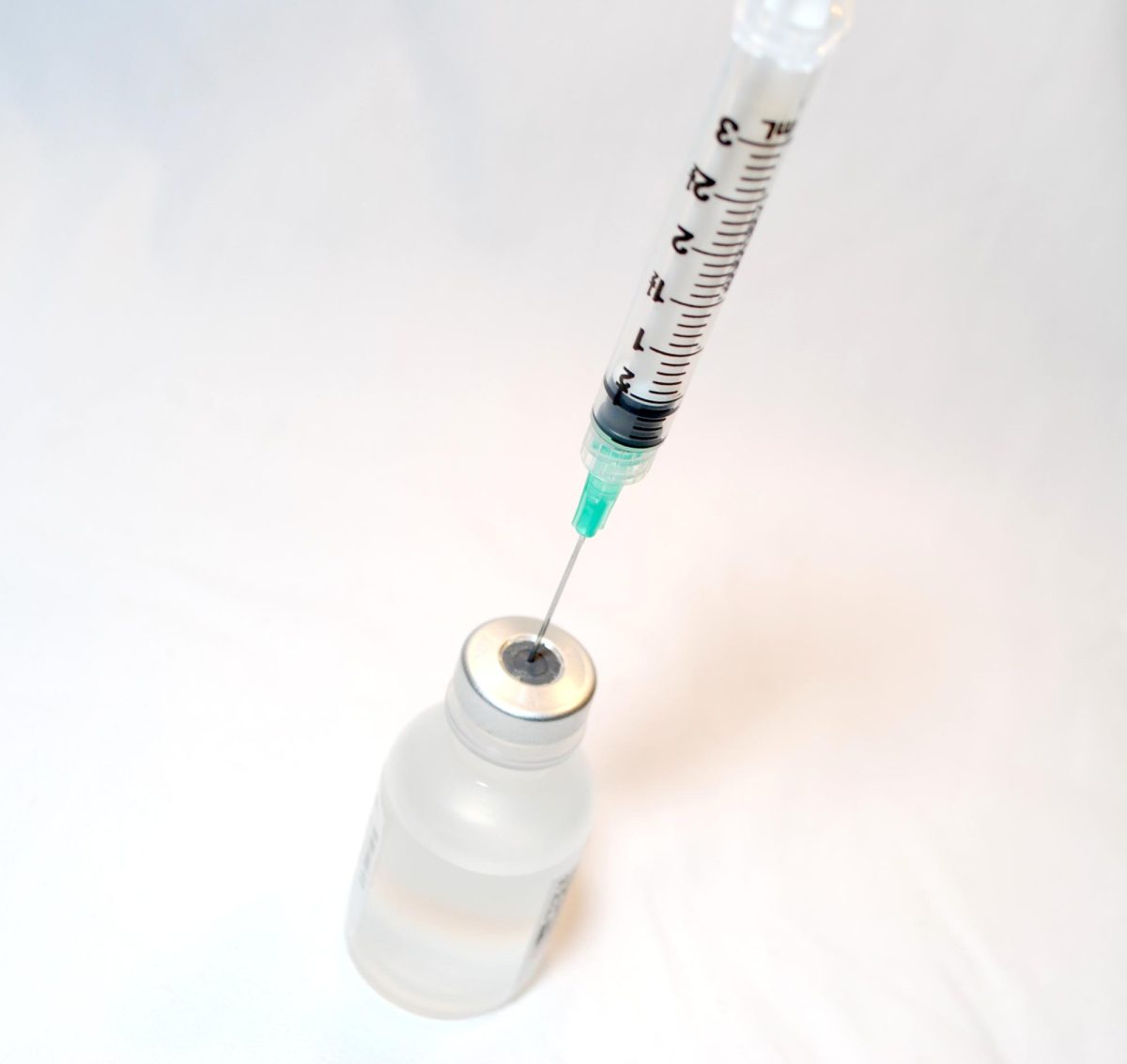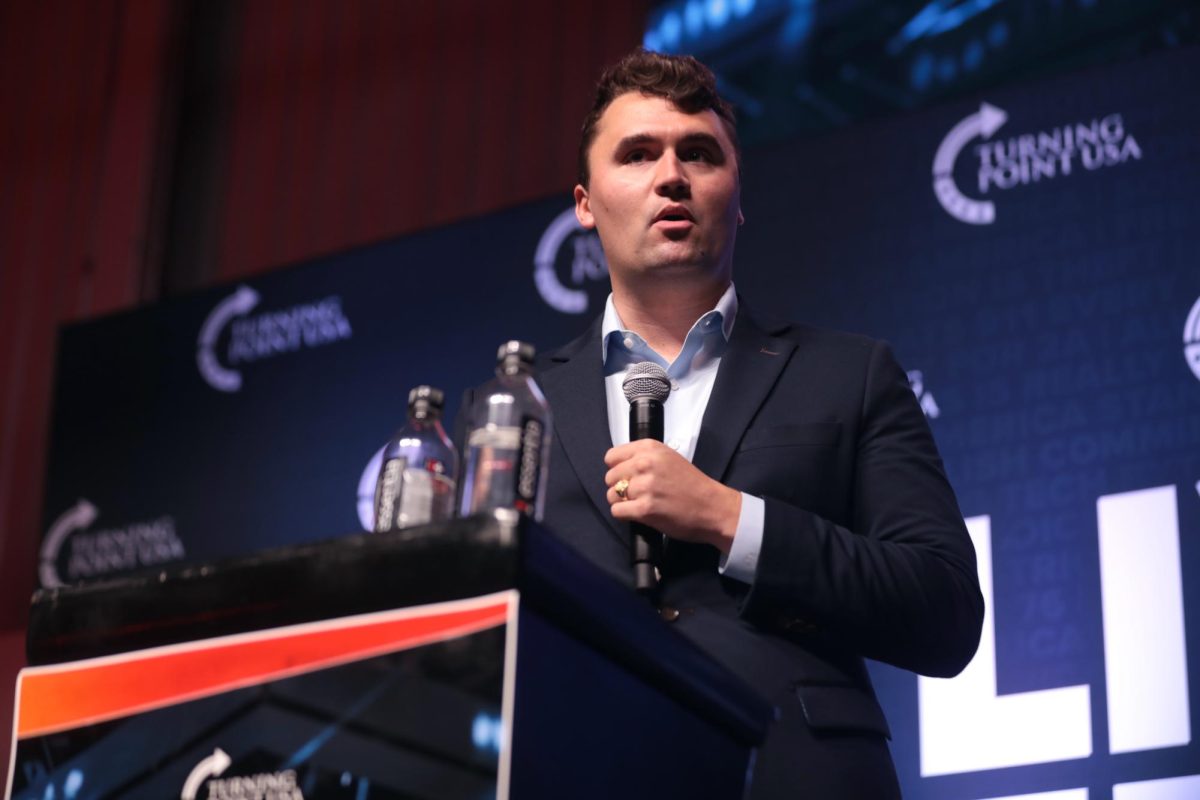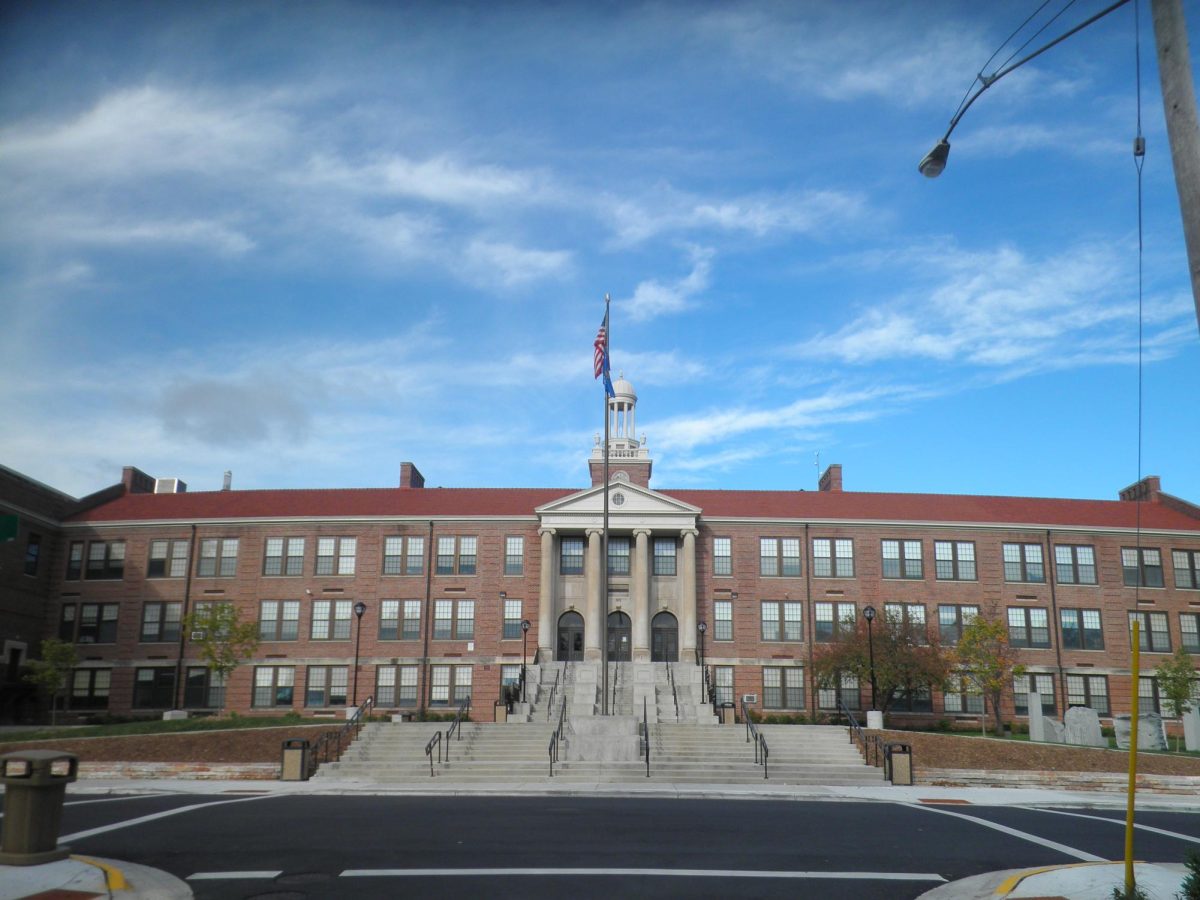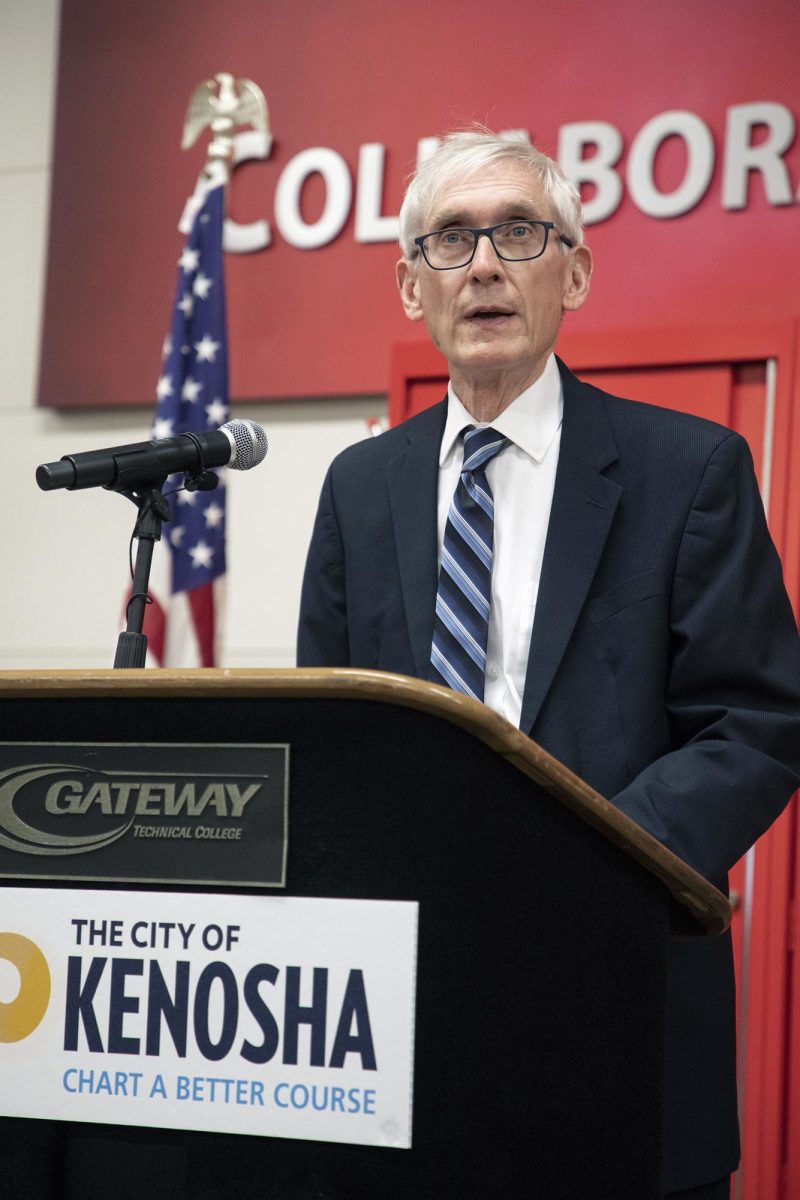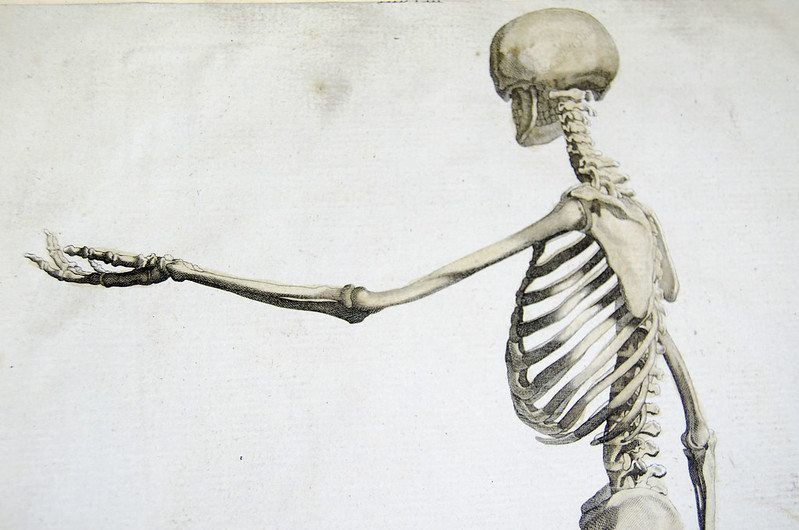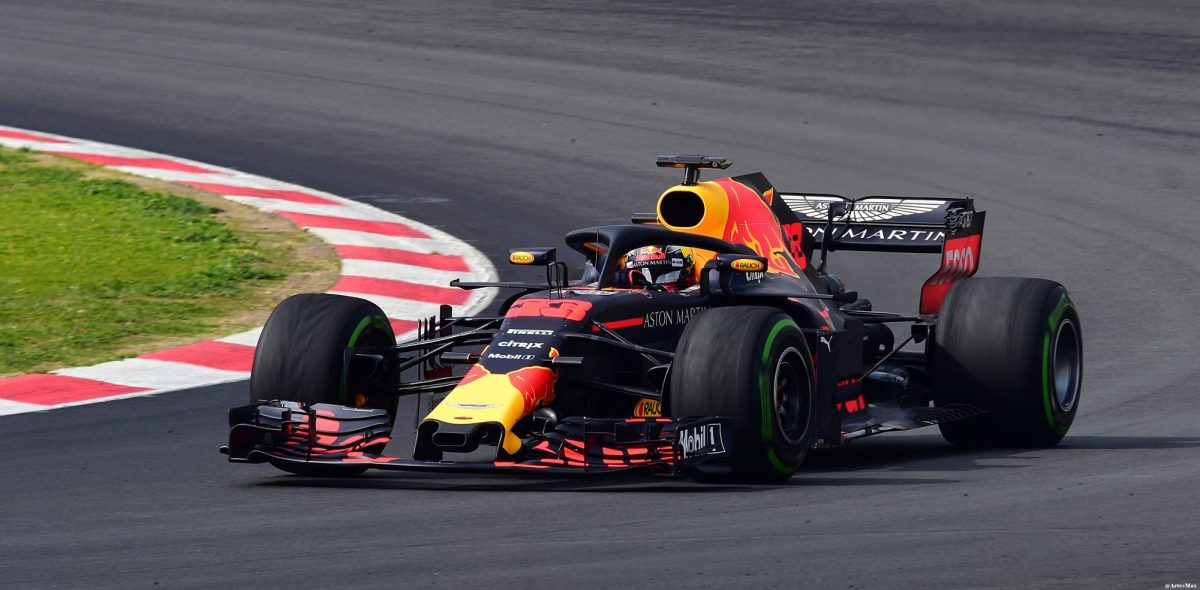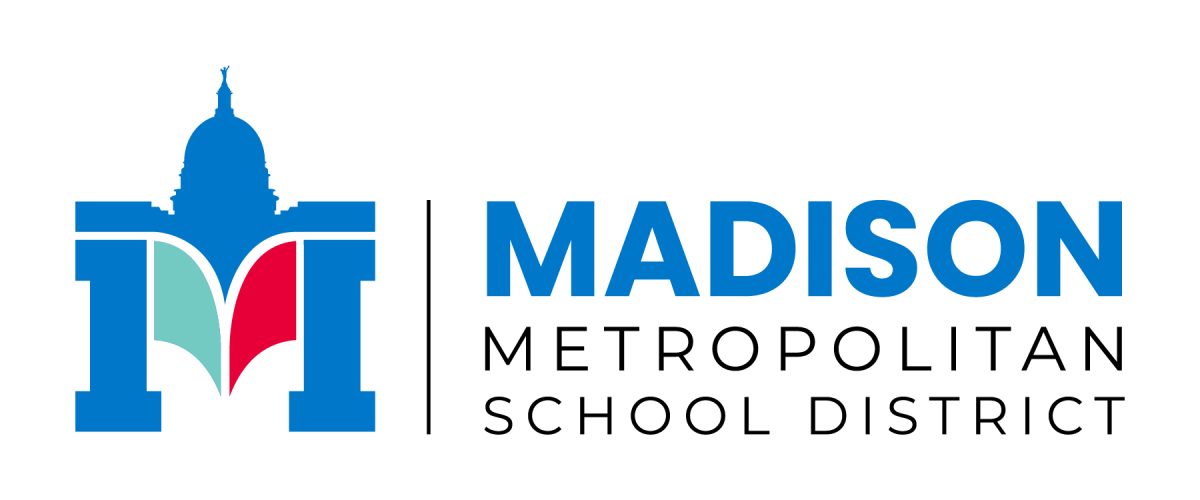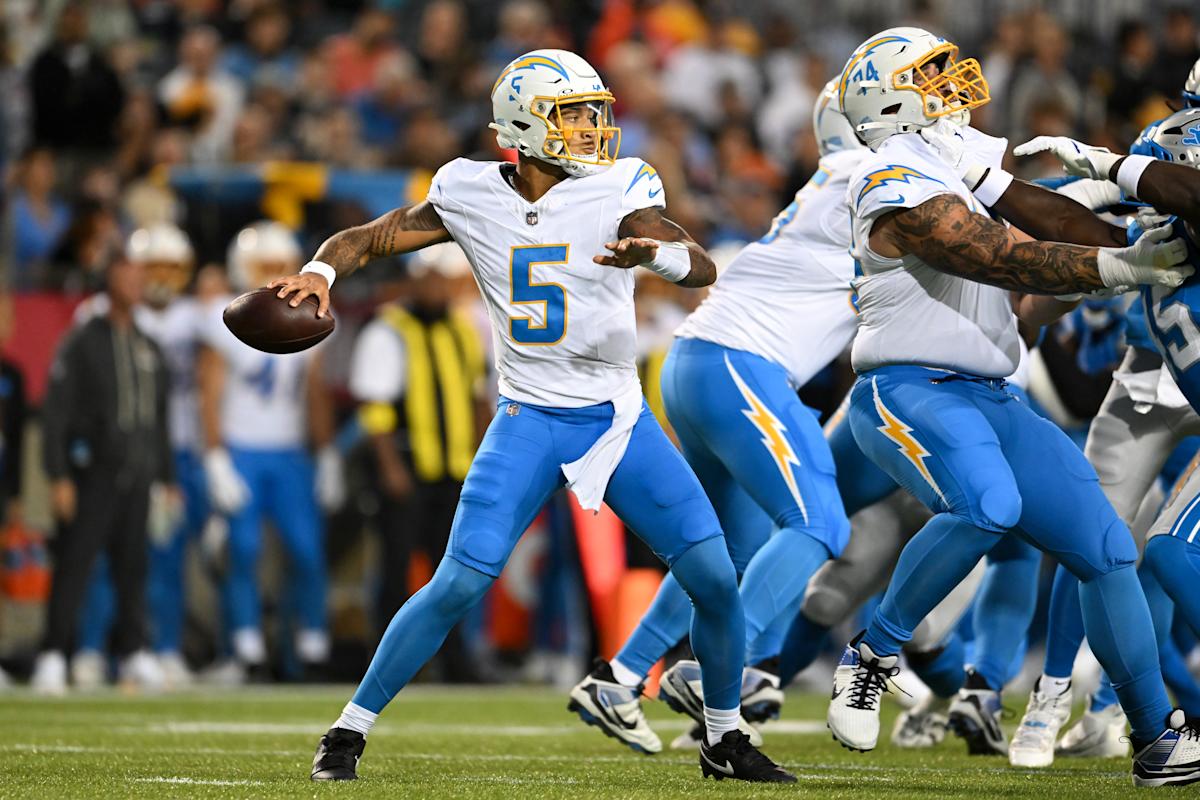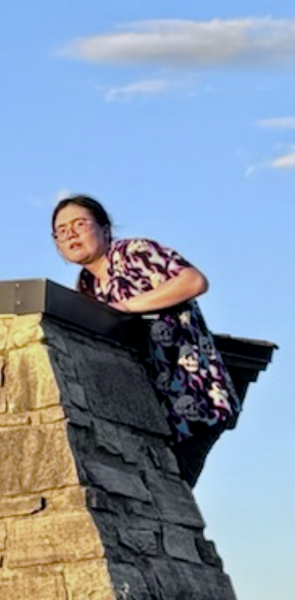Do you enjoy acting? Public speaking? Speech writing? Looking for an extracurricular with a great community? Join the VPM Forensics Team!
Forensics—not the dead body kind—is competitive speech, with eighteen different events in Wisconsin. If there’s any kind of performative speaking that you’re interested in, forensics is sure to provide a great opportunity to practice it.
If you enjoyed doing Soapbox Speeches in middle school, you’ll love events like Oratory, where you write and perform a speech on a topic of your choice. If you’d like to write a more educational speech, then Informative Speaking is a great category—you get ten minutes and visual aids to discuss a topic. Of course, if ten minutes feels a little long, you can always go for Expository Speaking, which is similar to Info, but caps out at five minutes. There’s also Moments in History, an event where you talk about a specific event or person within a given time frame. The time periods for this year are the 1940’s and/or the 1840-1900, so if there’s a really interesting event or person who cropped up in those times, this is a great way to talk about them!
But if giving the same speech all the time sounds like a bore to you, you’ll probably love the limited prep events! These events include Extemporaneous Speaking (where you have half an hour to prepare a seven minute speech on a random, usually current events-related topic), Impromptu Speaking (where you’ll have five minutes to both prepare and perform a speech based on a totally random prompt, which range from quotes to celebrities to household objects), and Radio (where you’ll have half an hour to create a precisely timed radio broadcast style speech from random sources).
On the acting side of things, there’s events like Solo Acting Humorous and Solo Acting Serious, where you perform a ten minute long piece from a play, book, musical—you name it!–with the category depending on the overall tone. There’s also Storytelling, where you choose three different stories aligned with predetermined themes—this year’s are a story about unlikely heroes, a pourquoi story, and a story involving a clothing accessory—to perform. If doing all that alone sounds like a little much, you might like Duo Interpretation, where you get to work with a partner, or Play Acting, where you can work with anywhere from two to five people to perform a short, propless play from memory.
However, if memorization sounds intimidating, there’s also black book events, where you have the script in a binder with you, and can even use it as a prop! These events include Group Interpretation, Interpretation of Poetry, Interpretation of Prose, and Farrago. Group Interpretation is fairly self-explanatory—you and up to four others assemble and present a piece. In Poetry, you get to create a program of as many or as few poems as you would like—you can even perform your own original works! Prose is similar, except you use works of prose to assemble your program. Farrago, on the other hand, is a program consisting of two or more different types of material being woven together around one central theme. For example, you could talk about the human cost of natural disasters using poetry written about it, news articles, and written accounts from survivors.
If you’d prefer to write your own piece to act out, there’s also Special Occasion Speaking, where you write and perform a speech that fits into one of the year’s categories. This year’s categories are especially good—you can write a welcome speech to a summer camp, a motivational speech from a coach or advisor, a villain monologue, or a scholarship speech. Some great examples of S.O.S speeches from the team last year are an apology speech from Ms. O’Leary’s cow for starting the Great Chicago Fire (by Mable Miller), and a wedding toast from a best man after the bride robbed the venue blind and disappeared into international waters (by Daniel Mueller). It’s a very unique category, and a great way to really flex your creativity.
If any of these categories piqued your interest, consider attending one of VPM’s Drama, Debate, and Forensics club meetings (on Mondays during lunch in Theater 300!), joining the Google Classroom, and signing up for coaching with one of our excellent coaches. Joining the team is possible at practically any point, but the season is starting soon and preparing for an event takes time. If you’d like to participate, now’s the best time to start!


